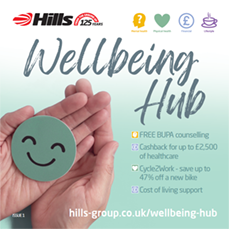Women’s health covers physical, mental and emotional wellbeing. Awareness of women’s health means early detection and treatment are more effective. Regardless of gender, cancer awareness is an important facet, as early detection can improve outcomes.
“When we get it right for women, everyone in our society benefits”
Professor Dame Lesley Regan, Women’s Health Ambassador – England
A 2018 study surveyed 7,500 women with reproductive health issues, and found less than half sought medical health.
Cancer Awareness
1 in 2 people will develop some form of cancer in their lifetime in the UK.
Cancer awareness means earlier detection, which can improve outcomes.
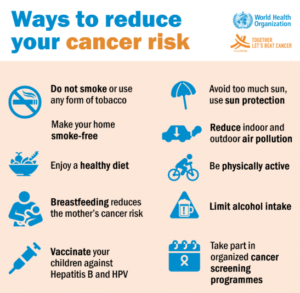
Macmillan Support Line: 0808 808 00 00
Ovarian Cancer
Ovarian cancer is when abnormal cells in the ovary, fallopian tubes or peritoneum begin to grow and divide in an uncontrolled way, which eventually forms a tumour. If not caught early, cancer cells gradually grow into surrounding tissues, and may spread to other areas of the body. Ovarian cancer risk increases from the age of 45, and is greatest between the ages of 75 and 79 years. Catching it early can improve treatment outcomes.
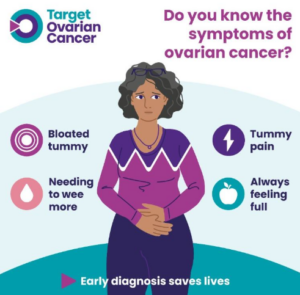
Mitigations
- Keep a healthy lifestyle reduce your risk of cancer: not smoking, maintaining a healthy weight
- If you notice any unusual symptoms, speak to your GP
Cervical Cancer
Cervical cancer is a cancer that develops in the lining of the cervix, caused by a persistent human papillomavirus (HPV) infection. It is most common in women aged between 30 to 35, but can happen at any age.
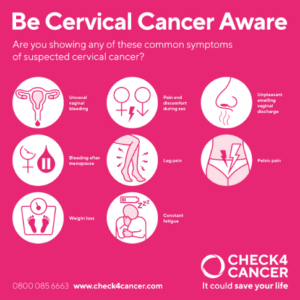
Mitigations
- By the age of 15, girls should be fully vaccinated with the HPV vaccine
- Smear tests every three years from age of 25, a quick and painless appointment
- If you notice unusual symptoms, speak to your GP
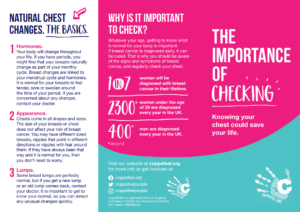
Breast Cancer
Regardless of gender, we all need to regularly check our chest. Breast cancer is a cancer that starts in the breast. Sometimes breast cancer can spread to another part of the body, which is called secondary breast cancer. It is the most common type of cancer in women in the UK, with 1 in 7 diagnosed with breast cancer in their lifetime.
- Check your chest
- Breast screening for all women between 50 to 71 years old
- If you notice any changes to your chest, speak to your GP
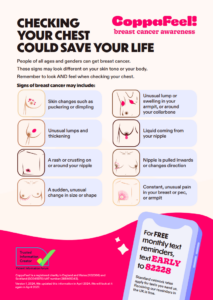
Menopause Awareness
Menopause support and understanding is important for those going through this to not feel alone or unprepared. Feeling supported positively affects physical and mental wellbeing.
“Apart from hot flushes and sweats, I had no idea what else was associated with the menopause. I started getting bad body aches where I couldn’t even do one press-up. I was already struggling with my mental health, and it was difficult to know how much of it was because of the menopause.”
Dame Kelly Holmes – British Athlete
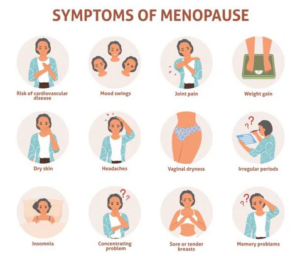
Eating well, exercising and looking after your mental wellbeing can help with symptoms during perimenopause and menopause.
- Get plenty of rest, including keeping to a regular sleep routine
- Eat a healthy diet
- Have calcium-rich food like milk, yoghurt and kale to keep bones healthy
- Exercise regularly, try weight-bearing activities where your feet and legs support your weight like walking, running or dancing
- Do relaxing things like yoga, tai chi or meditation
- Talk to other people going through the same thing, like family, friends or colleagues
- Talk to a doctor before taking herbal supplements or complementary medicines
Menopause support
Charities offering information and support include:
- Women’s Health Concern
- Menopause Matters
- Daisy Network for premature menopause
- Menopause Café
- Queermenopause for people who identify as LGBTQIA+



